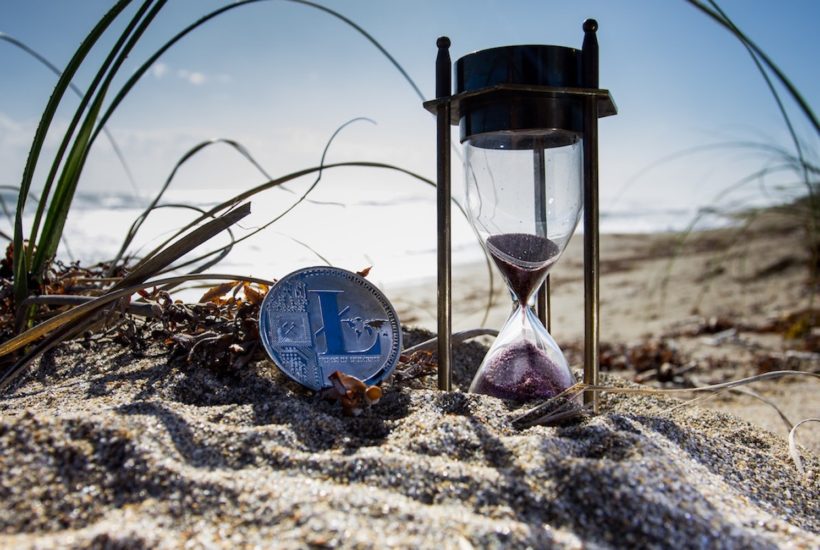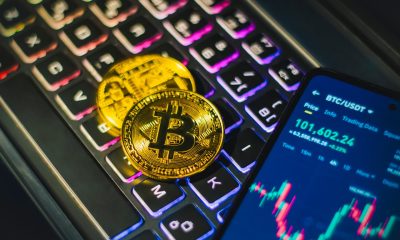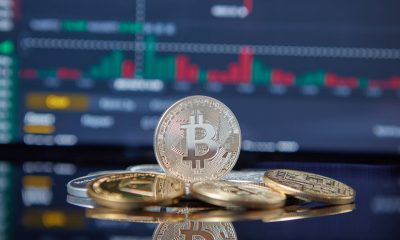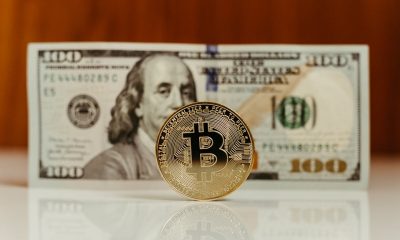Crypto
Crypto news portal Cointelegraph blocked in Russia
Russian authorities have restricted access to a handful of cryptocurrency news outlets including Cointelegraph. The formal reasons for the censorship vary but the result is the same, Russian readers have lost access to some of the top crypto news sources. Regulators have acted on the basis of a law that empowers them to block sources of information deemed inappropriate by Russian authorities.

Access to Cointelegraph, one of the top sources of cryptocurrency news, has been blocked in Russia on October 16, when Roskomnadzor, the Federal Service for Supervision of Communication, Information Technology and Media of Russia, applied a technical blockade.
According to the Cointelegraph website, the action is part of a series of measures that Roskomnadzor has previously taken against other cryptocurrency-related portals, including Bitcoin.org, and other non-Russian sites where Russian citizens’ data is stored, such as the failed attempt to block Telegram. Outside observers have commented that these are all part of an effort to build a closed sovereign internet in Russia.
Keep up to date on the latest business news with the Born2Invest companion app. This app provides breaking international news about cryptocurrency and other topics that other publications have missed.
Most Russian readers are unable to access crypto news
Cointelegraph has checked with many Russia-based readers, and most of them are unable to access the site. Some readers have retained access, while others are still seeing periodic outages on Cointelegraph’s site, suggesting that not all ISPs have fully implemented the updated XML file.
For its part, Roskomnadzor has not provided an explanation as to why they recently decided to enforce the block on Cointelegraph, but it follows a general trend of a more assertive internet censorship policy.
In March 2018, the Saint Petersburg City Court annulled the ban of 40 websites offering information and services related to cryptocurrencies. In April, the Supreme Court overturned the decision to block the portal.
Government internet censorship intensifies
According to the developer of a popular Russian browser extension against censorship, who asked for anonymity for security reasons, confirmed the blockage of the website, “the URL was added to Roskomnadzor’s blacklist file yesterday,” declaring to Cointelegraph that it “is an XML file that is distributed privately among ISPs so that they can enable the blocking.”
The head of the Eastern Europe and Central Asia desk at Reporters Without Borders, Johann Bihr, said that blocking their news website is one more sign that Russia’s online censorship system is becoming more powerful.
The Russian telecommunication regulator has already taken action against other web portals related to cryptocurrencies.
A “sovereign” Russian internet
Bihr also points out that the Russian authorities “have been actively working to improve their online censorship system”, and details the importance of the “Sovereign Internet” decree signed by President Putin in May, which has come into effect on November 1, assuring that “Roskomnadzor has been installing and testing these new tools in recent months”.
Despite these positive developments, the government has been tightening the noose on the Russian segment of the internet. In March, Roskomnadzor demanded that 10 VPN service providers connect to the Federal State Information System, the register that keeps information about all websites that have been banned in Russia.
__
(Feature image by Worldspectrum via Pexels)
DISCLAIMER: This article was written by a third party contributor and does not reflect the opinion of Born2Invest, its management, staff or its associates. Please review our disclaimer for more information.
This article may include forward-looking statements. These forward-looking statements generally are identified by the words “believe,” “project,” “estimate,” “become,” “plan,” “will,” and similar expressions. These forward-looking statements involve known and unknown risks as well as uncertainties, including those discussed in the following cautionary statements and elsewhere in this article and on this site. Although the Company may believe that its expectations are based on reasonable assumptions, the actual results that the Company may achieve may differ materially from any forward-looking statements, which reflect the opinions of the management of the Company only as of the date hereof. Additionally, please make sure to read these important disclosures.
First published in CRIPTOTENDENCIAS, a third-party contributor translated and adapted the article from the original. In case of discrepancy, the original will prevail.
Although we made reasonable efforts to provide accurate translations, some parts may be incorrect. Born2Invest assumes no responsibility for errors, omissions or ambiguities in the translations provided on this website. Any person or entity relying on translated content does so at their own risk. Born2Invest is not responsible for losses caused by such reliance on the accuracy or reliability of translated information. If you wish to report an error or inaccuracy in the translation, we encourage you to contact us. Please review our disclaimer for more information.

-

 Business2 weeks ago
Business2 weeks agoDow Jones Nears New High as Historic Signals Flash Caution
-

 Cannabis3 days ago
Cannabis3 days agoSwitzerland Advances Cannabis Legalization with Public Health Focus
-

 Crypto2 weeks ago
Crypto2 weeks agoBitcoin Surges Toward $110K Amid Trade News and Solana ETF Boost
-

 Fintech6 days ago
Fintech6 days agoRipple and Mercado Bitcoin Expand RWA Tokenization on XRPL

























